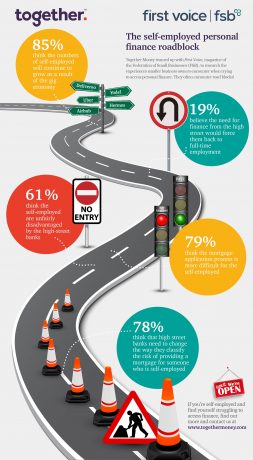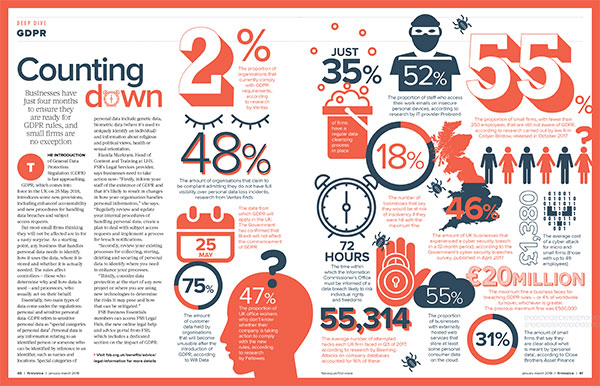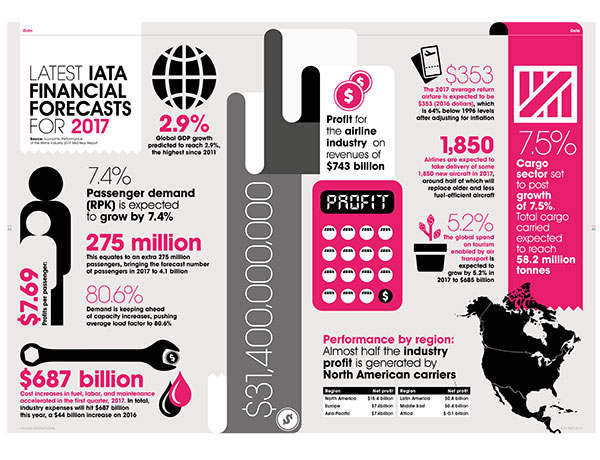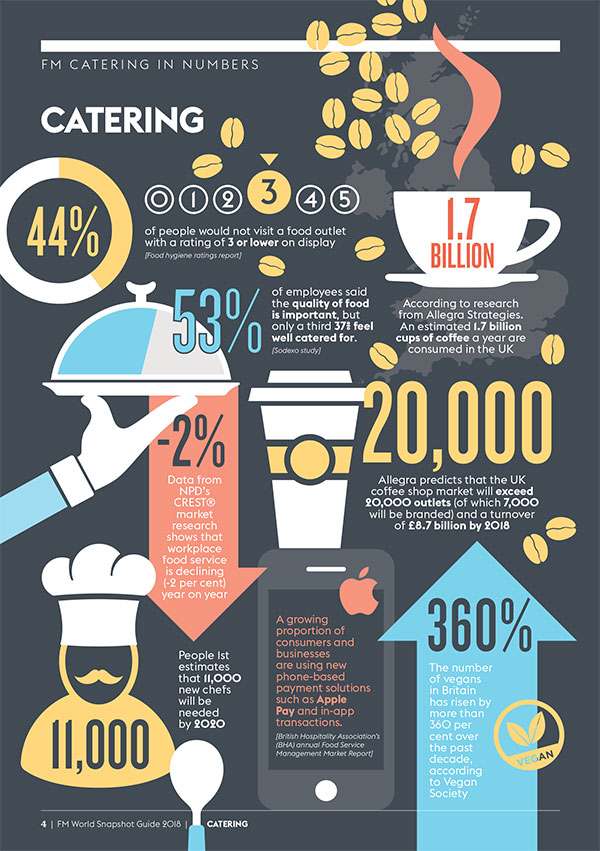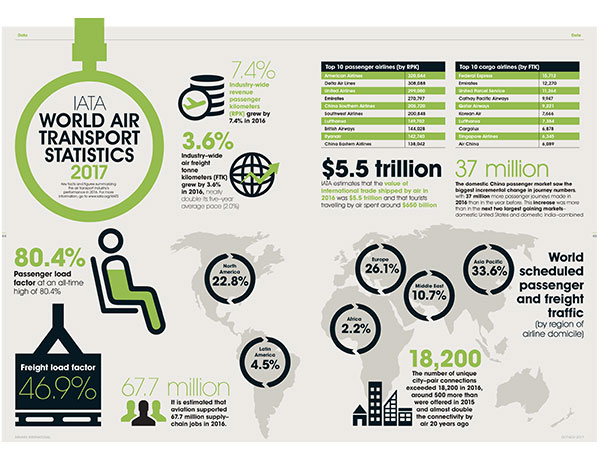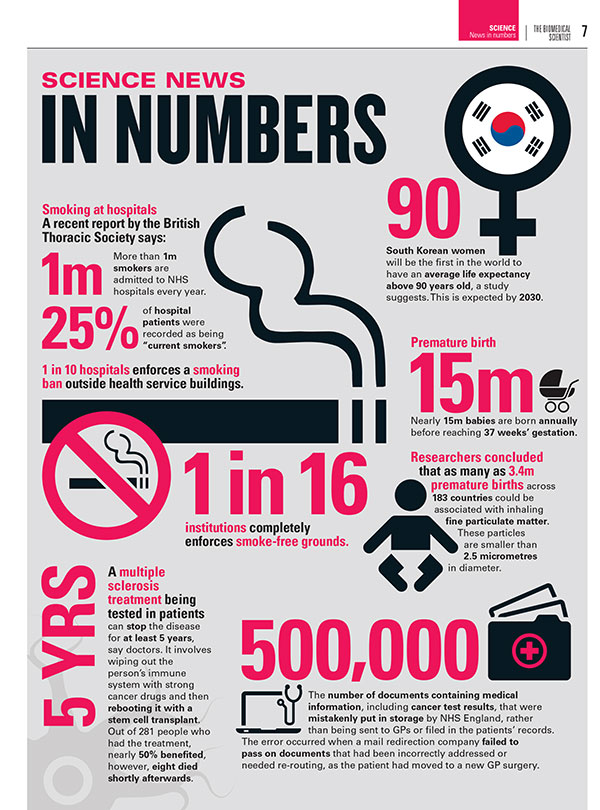Content marketing creates and distributes material to attract the attention of target audiences and, in turn, create new customers.
Despite the increasing popularity of this form of marketing, not all organisations have cottoned on to its benefits, with some assuming it’s just a fad. Well, it’s not – it’s a full-scale changing of the guard.
So, what’s leading this change? Traditional marketing methods are significantly more expensive than content marketing – with the latter costing 62 per cent less and generating three times as many leads per dollar, according to Demand Metric.
If that’s insufficient to convince doubters of content marketing’s lasting value, perhaps a finding that conversion rates are six times better for content marketers than those who choose more traditional methods might make a few reconsider.
Content marketing is here to stay, so the question should be: what mix of content types is likely to bring your organisation the exposure and lead generation it requires?
It’s impossible to determine a single approach that will work for all businesses. But here we’ll outline why infographics should play a part.
Why infographics?
People just love infographics. They are a great way to convey your key messages and brand values. Perhaps it’s because as a species we’re used to processing visual information. According to the Social Science Research Network, 65 per cent of us are visual learners, so attractively presented information is something most of us find pleasing and easy to absorb.
Part of the popularity of infographics is down to how well suited they are to social media. Simply presented, eye-catching information is just what the casual social browser needs to make them pause and take in your message. Then sharing across the web with friends and colleagues could not be easier.
Infographics also hook people into a subject and encourage them to share or explore it further. A good infographic will visually represent key elements of a broader content campaign and draw people from social media, blogs or any other destination where they are hosted, back to a deep and info-rich repository of related content.
So, what works?
The value of an infographic doesn’t just lie in its visual appeal. Yes, infographics need to look good, but they also need to communicate a little more to catch the attention of a prospective customer and encourage them to delve a little deeper.
The Content Marketing Institute has considered the fine detail of what makes a good infographic and produced eight key principles to put marketers on the road to success. They are:
- Solve a problem – tell your audience how to solve a significant issue they face
- Challenge the status quo – make the audience rethink conventional wisdom
- Shift the perspective – frame a narrative in a more interesting/non-traditional way
- Origin stories – discover how a person, business or industry grew to where they are today
- Extreme cases – find an interesting perspective through outliers, which are often ignored in statistics
- Outside your field – look for an interesting topic in a related field
- Niches and subcultures – finding a niche is what businesses do when they want to enter a new market – can this approach be applied to infographics?
- Mash-ups –creating a fresh perspective from two seemingly unrelated topics
OK, let’s go!
Using infographics can immediately help make your content marketing campaign sharable and scalable across social media. Just as importantly, it can draw together the key elements of your campaign and present it as a fully branded and unique entity.
Here are a few infographic examples, all of which were created by our talented team of designers:
